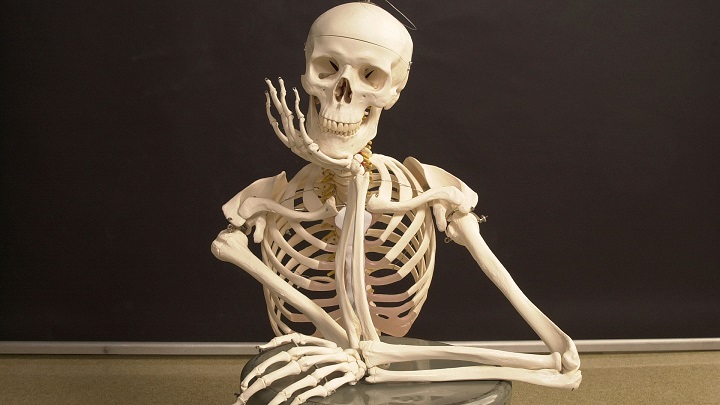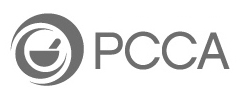
Summer is still here! And the good news is that we have a little more time in that special time of year here in the Maritimes where we can get natural Vitamin D. (see previous blog on Enjoying the Sun Healthily about the sun and Vitamin D). What is Vitamin D? Dr. Josh Axe explains:
Vitamin D is a fat soluble vitamin that is stored in the liver and fatty tissues. This means that increased body fat has the ability to absorb Vitamin D and keep it from being used within our body. Vitamin D is somewhat different than other vitamins because our body makes most of our Vitamin D on its own, rather than solely relying on food sources. The way that our bodies make Vitamin D is to convert sunshine into chemicals that are used by the body. The cholesterol in our skin converts “previtamin D” and makes it into usable vitamin D3, which is sometimes also called provitamin D. Previtamin D first travels through the kidneys and liver in the blood stream, and then is converted into a biologically active and usable substance called calcitriol.
Vitamin D actually becomes a hormone within our body, particularly a secosteroid hormone. What we know as Vitamin D is really a precursor to a steroid hormone. It impacts not only our skeletal structure, but also our blood pressure, immunity, mood, brain function, and ability to protect ourselves from cancer. One of the ways Vitamin D works is that it is necessary for the body’s absorption of calcium as is Magnesium, but that will be in the next blog). They work together for healthy bones and teeth.
Whether you’ve been diagnosed with Osteopenia or Osteoporosis, or simply want to try to prevent them, there’s good news. Bones are living tissue and generally respond to bone-healthy regimens that include vitamins and minerals, obtained through food and supplements, and exercise. It’s also important to include bone-building foods for your children. The majority of bone growth and health is done in a child’s formative years.
For years, Calcium has been touted as the be-all/end-all for strong bones. However, there’s much more to the story. There are multiple ways in which to get adequate calcium, including other foods besides dairy products. Also, there are other vitamins and minerals that are just as important. The quality of the supplements taken, as well as the timing of the day matter, as well.
Much information has been shared about the importance of Vitamin D for Bone Health. It’s important to note that the type of Vitamin D matters – D3 is the one that is helpful to bone health. Because one of the functions of Vitamin D is to help our bodies absorb Calcium more efficiently, many calcium or other bone health products and foods (especially dairy) are enhanced with Vitamin D. However, this is usually a type of Vitamin D2, whereas our bodies absorb D3 much more easily. Many types of fish are high in Vitamin D, but also in Mercury, so it’s not recommended for an every day item. Our favourite nutritionist in Houston, TX – Ali Miller - suggests that other dietary sources that are high in Vitamin D, include pasture raised eggs (specifically the egg yolk), grass-fed dairy (butter, cheese, and yogurt), grass-fed beef, mushrooms and cleanly sourced animal liver. A breakfast of 2 eggs with mushrooms sauteed in grass-fed butter and served with grass-fed beef sausage would be the perfect Vitamin D packed breakfast. According to both Ali Miller and Dr. Axe, among others, it’s difficult to get enough Vitamin D from food, however, so supplementation in almost always recommended. Also, D is a fat soluble vitamin, so take it with a meal or snack that includes some fat, such as avocado, olives/olive oil, or nuts/nut butters. Dosages depend on one’s age, whether pregnant or lactating, and diet, as well as your sun exposure, which is dependent on skin tone and place where you live.
It’s important to note that the recommended daily allowance is just enough to prevent deficiency. A pharmacist can help you decide the right amount for your individual needs and blood testing can check your levels.
One of the most important things you can do for your bone health is exercise! Choose activities which are weight-bearing, working against gravity, such as weight-training, walking, jogging, hiking, dancing, playing tennis, climbing stairs (or doing a gym step class or using the star climbing machine), or jump-roping, to help strengthen bone. Many of these are good for the whole family so enjoy some quality time together!
The information in this blog is for educational purposes only. It is not intended to diagnose or treat any health conditions. For more information about this blog or for references, please contact Ellen Chapman, This email address is being protected from spambots. You need JavaScript enabled to view it.. For a detailed consultation regarding your bone health or any other health issue, with one of our pharmacists or our nurse, please contact Cheryl Downing at This email address is being protected from spambots. You need JavaScript enabled to view it. or directly at 506-384-5236.






